Selecting the trial judge for a high profile case is a critical decision that can affect the ease and efficiency with which the case is handled or managed. For a variety of reasons, not all judges are equally qualified to handle a high profile case. The importance of managing a high profile case at the earliest possible stage cannot be emphasized enough. The early designation of the trial judge is critical to ensuring that the case is well managed from the moment it is recognized as a high-profile case. Selection of the trial judge in a high-profile case should be a delicate and deliberate decision that is not left to pure chance. This section addresses relevant considerations for determining who is the right fit for the task at hand.
- The trial judge in a high profile case should have a reputation of being fair and impartial by all parties.
- The judge should be experienced, have recognized stature in the legal community, and have a reputation for giving each party to the lawsuit a full and fair hearing. The court should not assign a high-profile case to a judge who is perceived, fairly or unfairly, as a state’s judge, a plaintiff’s judge, or a defendant’s judge.
- Any perception of a predisposition or a particular orientation on the part of a judge, in a situation where that judge is individually selected, compounds the potential for criticism and creates a difficult atmosphere in what is already a difficult case. The media will thoroughly explore the judges background, both professional and personal, and will readily publicize any perceived bias on the part of the judge.
- The trial judge should be calm under pressure, unflappable, and have an even temperament.
- Other indispensable traits are the judge’s facility for dealing with the media in an orderly and sensible manner and the self-discipline to adhere to his or her own standards for appropriate judicial interactions with the media.
- An astute judge of character and personality can bring valuable talents and insights to bear on many questions that can defuse potentially volatile situations.
- Consider any political issues that might effect the selection of a judge.
- Appointed or elected members of the judiciary are chosen by an inherently political process. When making the assignment of the trial judge, it is important to be aware of political connotations and implications the choice may have and to make that decision with a goal of mitigating or downplaying any political biases.
- If the jurisdiction has an elected judiciary, the trial judge should not be up for reelection in the immediate future. This helps ensure that the judge's decision making in the trial will not be affected by the possibility of having to make an unpopular decision. This will also prevent potential grandstanding.
- The trial judge should have good management skills and the ability to work well in a team environment.
- The selection of the trial judge should ensure that, under the microscope of daily attention, the trial will be intelligently and competently managed and that the decisions relating to the mechanics of the trial will be made thoughtfully and rationally.
- The trial judge in a high profile case should be able to assume full command of the courtroom, articulate the court’s expectations, and see that they are carried out.
- The judge should also have the good management skills and judgement to convene and direct appropriate court staff to serve as an effective “trial team.”
- Due to the physical demands of an extended case, anyone being considered to serve as the judge in a high profile case should be in good health and not distracted by personal concerns.
- The trial judge should have a detailed understanding of First Amendment issues relating to the media and significant experience handling trials for similar case types as the high-profile trial.
- Develop a plan B for if or when the first judge recuses himself/herself or is peremptorily challenged.
